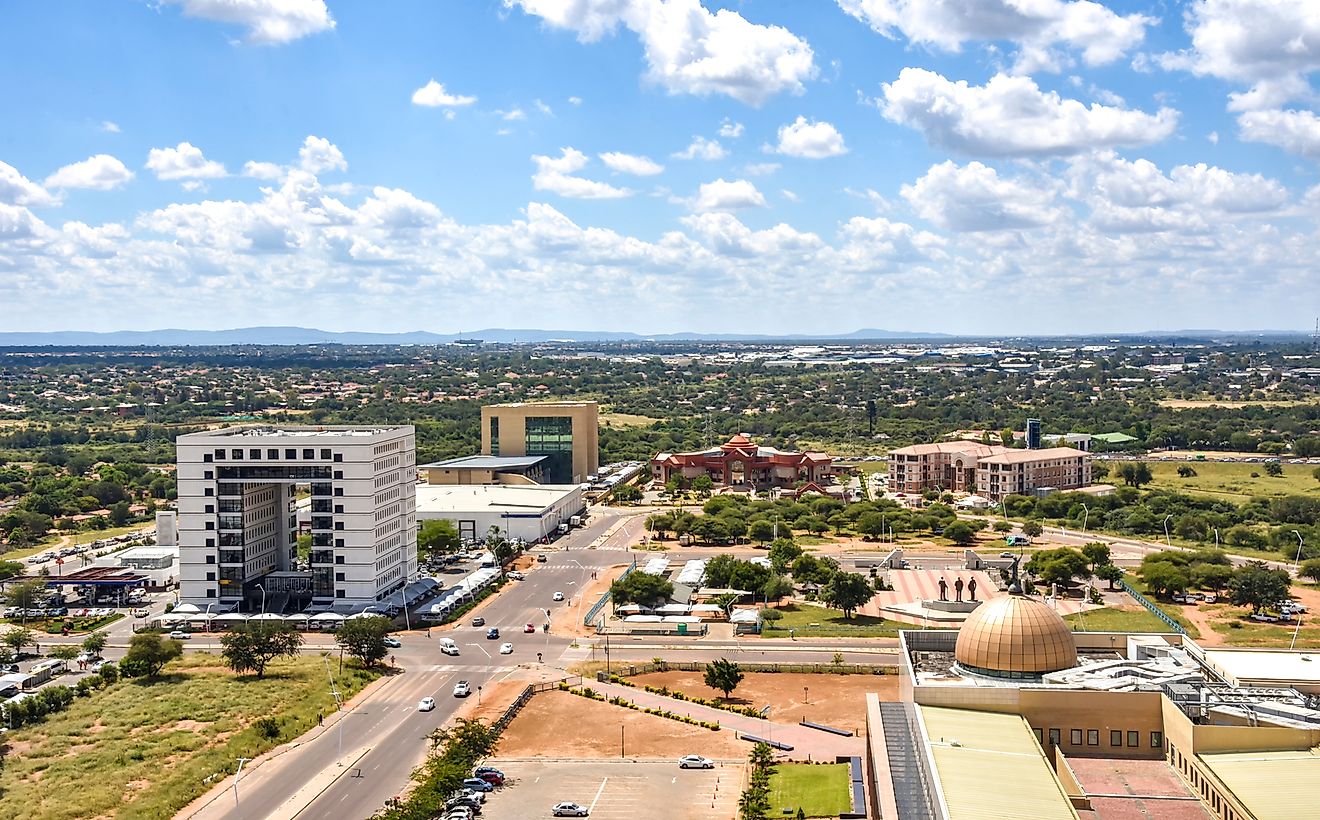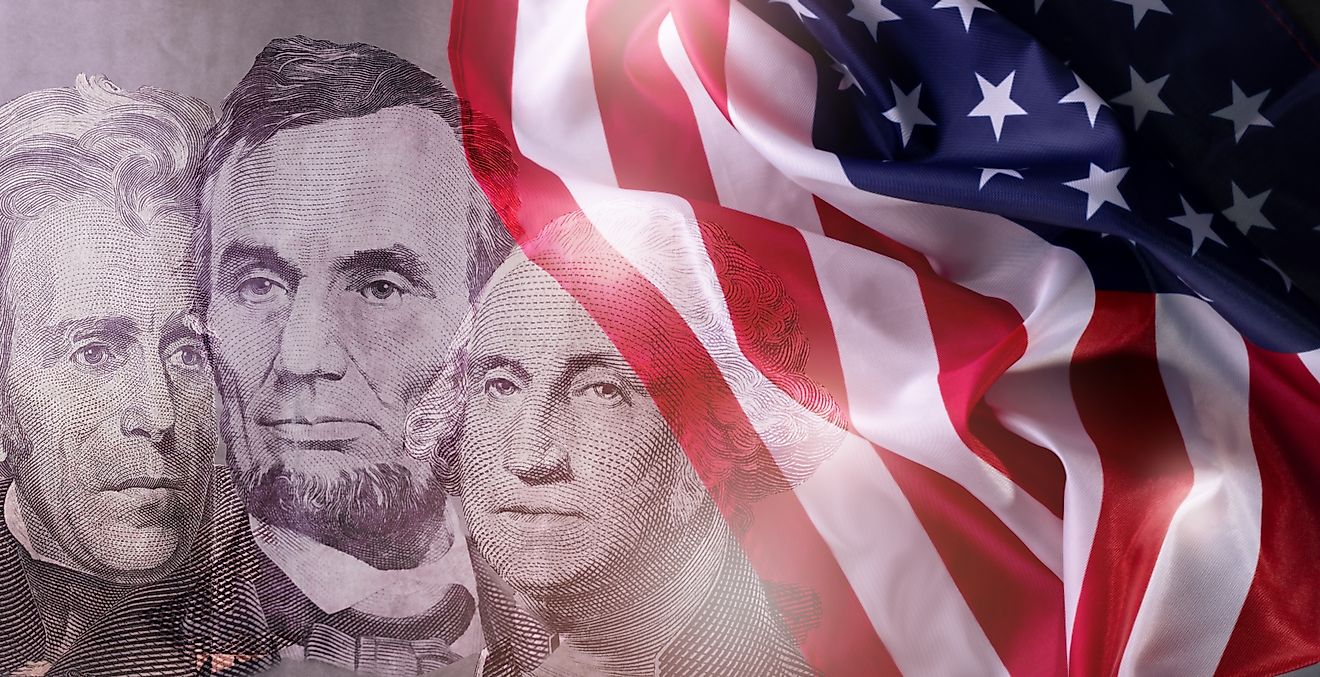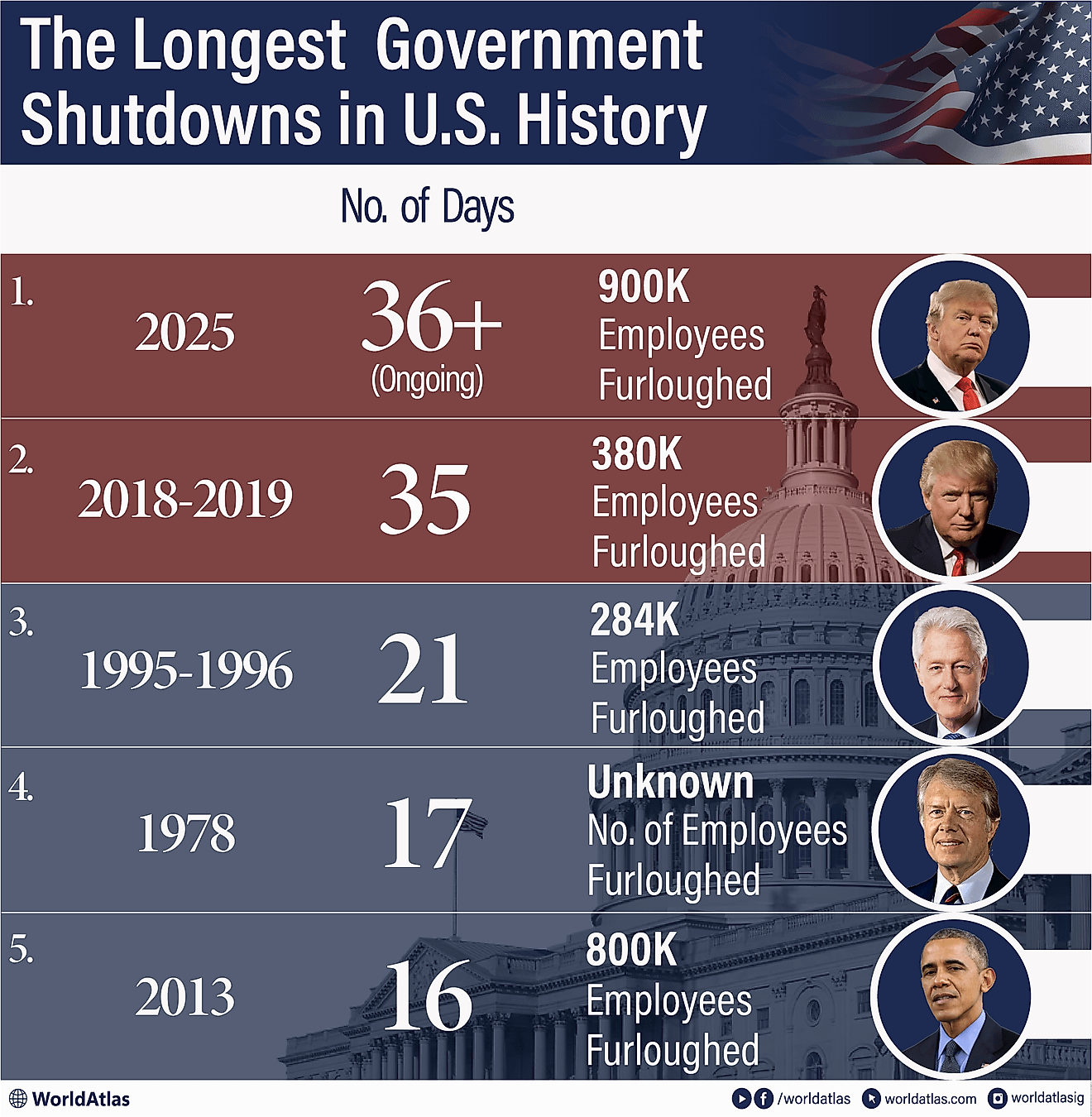What Type Of Government Does Botswana Have?

What Type Of Government Does Botswana Have?
Botswana is a landlocked country located in Southern Africa. It adopted its name after attaining her independence within the Commonwealth on September 30, 1966. Since then, Botswana has maintained a strong representative democracy with consistency in a democratic election. The constitution of Botswana is the basis for rule of law and protects the rights of all citizens. The politics of Botswana takes place in the context of a representative democratic republic with the president as the head of both state and government. The country is also a multi-party state with the Botswana Democratic Party dominating party system since independence. The government of Botswana has three main branches; executive, legislative, and judiciary.
The Executive Branch
The executive branch of the government of Botswana consists of the cabinet headed by the president who is elected by the National Assembly to a maximum two five-year terms. The cabinet is responsible for initiating and implementing national policies and the control of government departments and ministries through ministers and civil servants. The president is the commander in chief of the Botswana forces. The powers make several appointments including the cabinet ministers, parastatal heads, ambassadors, judges (upon the advice of the JSC), and other government officials. The president also signs bills into law and can declare war with an external enemy. He or she is in charge of international relations and represents Botswana in international forums.
The Legislative Branch
The legislature comprises of the president and the National Assembly. The National Assembly is made up of 57 elected members and four appointed members. It is expanded every census year which takes place after every ten years. The National Assembly election coincides with the presidential election which takes place every five years. After every election, the party with the majority of seats in parliament elects the president. The elected president then appoints the vice-president who must also be endorsed by the National Assembly. The House of Chiefs which represents the eight subgroups of Botswana people plays an advisory role by proposing and passing bills concerning tribal matters. The National Assembly is mainly concerned with policy-making.
The Judiciary
The Court of Appeal is the highest court in Botswana. It is constituted under section 99 of the country’s constitution. Currently, there are eight Court of Appeal judges who are drawn from different parts of Commonwealth. The High Court is composed of the Chief Justice and several judges as proposed by the parliament. Currently, there are 16 permanent High Court judges. The judges are appointed by the president with the advice from the Judiciary Service Commission. The Magistrate courts are subordinate to the High Court and hear a wide range of criminal and civil cases. Botswana has 19 Magistrate Courts and 50 magistrates of which 17 are expatriates. Although the president appoints the judges, he can only remove them for cause and after a hearing.
The Local Government
Botswana has nine administrative divisions or districts administered by district councils. The District Commissioners, appointed by the central government, have executive authority and are assisted in carrying out local government activities by the elected and nominated district councilors and development committees.











